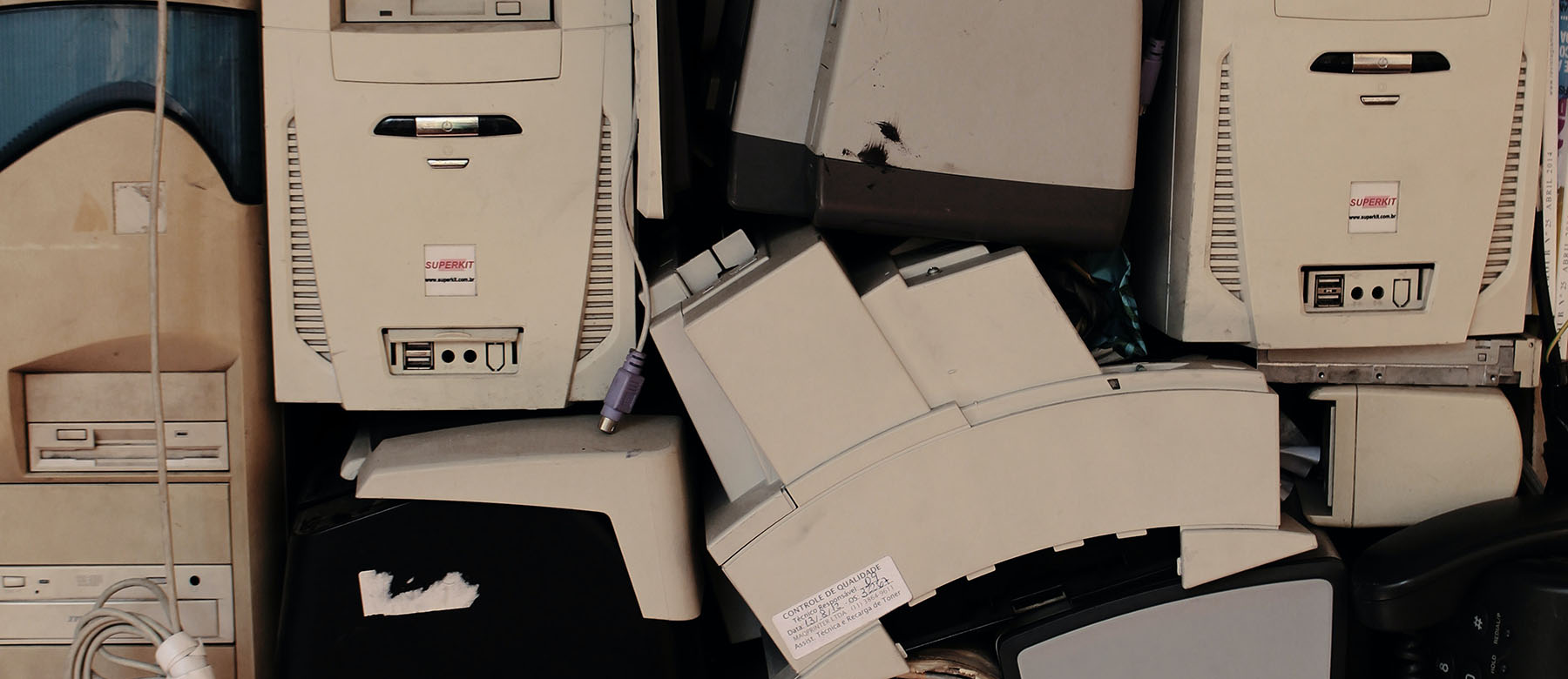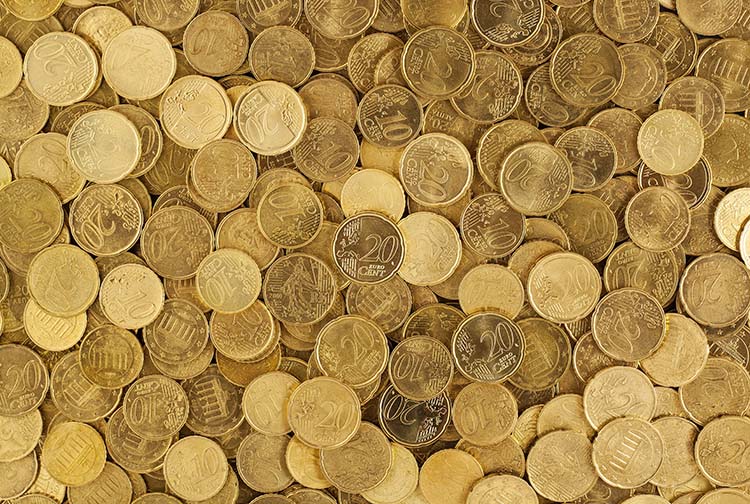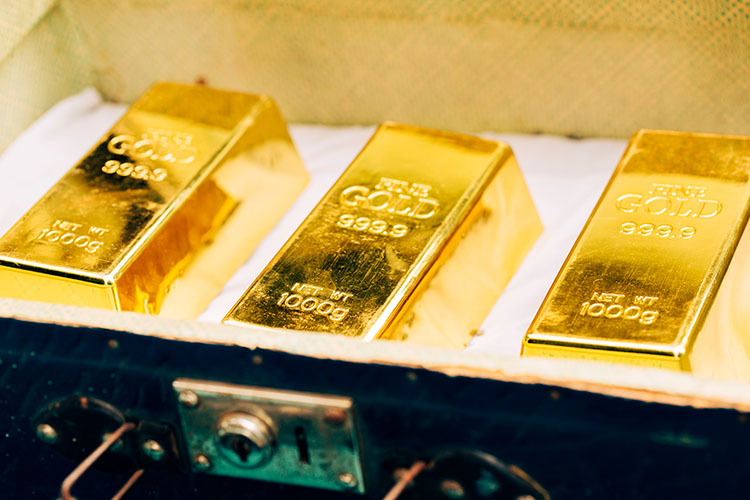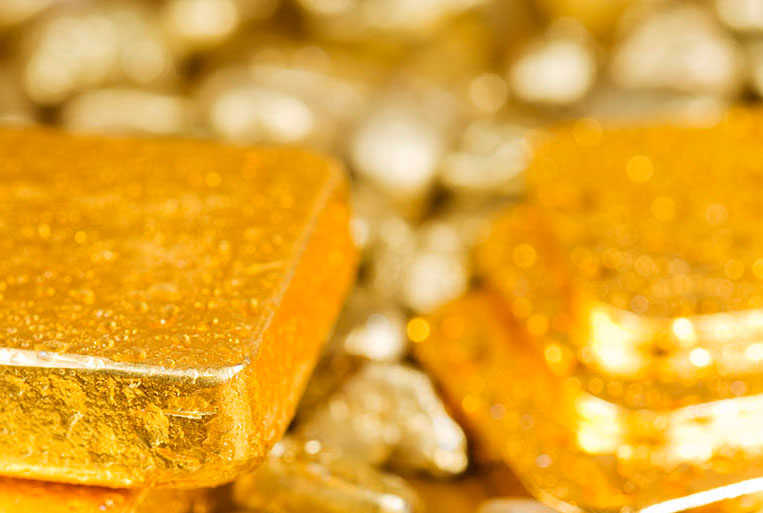

Urban mining: a precarious sustainability
La “mineria urbana”, que consisteix a recuperar i reaprofitar els metalls presents en vehicles, motors, electrodomèstics, bateries i dispositius electrònics, podria cobrir totes les nostres necessitats de metalls com l’or o el coure, sense necessitat d’obrir noves mines. Molts immigrants irregulars, uns 50.000 només a Barcelona, sobreviuen gràcies a aquesta activitat en condicions precàries.
L’elevada demanda d’alguns metalls està provocant l’obertura de noves mines, que són poc sostenibles des d’un punt de vista mediambiental. De fet, la mineria tradicional genera cada any a la Unió Europea 150.000 milions de tones de runam i 12.000 milions de tones de llots. Una alternativa seria potenciar la mineria urbana. Es calcula que, a més de minimitzar la generació de residus, la mesura permetria reduir un 76% la contaminació dels aqüífers i un 40% el consum d’aigua.
Malgrat l’augment de la demanda previst per a les pròximes dècades, un informe d’Ecologistes en Acció adverteix que la mineria urbana bastaria per a cobrir el 100% de les necessitats de metalls com l’or o el coure, i més de la meitat de les de neodimi i níquel. En el cas del cobalt i el liti, la demanda dels quals està creixent exponencialment, la recuperació serviria per a cobrir el 8,3% i el 2,7%, respectivament. No obstant això, gran part d’aquests metalls acaben desaprofitats en abocadors.
Ni pagats ni reconeguts
Tot i que l’or es troba 100 vegades més concentrat en un telèfon mòbil que en les mines de major llei, la recuperació de metalls com aquest es veu frenada per motius econòmics: amb la legislació actual, surt més a compte extreure’ls de les mines que recuperar-los dels aparells rebutjats. I això que part del procés sol fer-se de manera informal.
Només a Barcelona pot haver-hi més de 50.000 persones que cada dia realitzen llargues jornades recollint peces metàl·liques, com explica Federico Demaria, professor d’Economia ecològica i Ecologia política de la Universitat de Barcelona. En molts casos són subsaharians sense papers que no poden regularitzar la seva situació. De fet, l’1 de març se celebra el Dia Mundial del Reciclador pel servei que presten aquest tipus de persones al medi ambient i a la societat de manera precària. Sense ells, gran part de la ferralla acabaria en abocadors.
A diferència d’algunes empreses privades que cobren de l’Administració per recollir, transportar i reciclar aquests materials, aquests recicladors informals contribueixen a l’economia circular sense cap mena d’ajuda. Es limiten a recollir el material metàl·lic de pisos i locals en obres, o el que troben al carrer, per a vendre’l a petites deixalleries legalitzades. Al seu torn, aquestes el canalitzen cap a la indústria recicladora establerta, que mou milers de milions d’euros.
Una vida precària
Un estudi del Gremi de Recuperació de Catalunya calcula que del més de mig milió de tones de residus metàl·lics que es van recuperar a Catalunya l’any 2013, almenys una cinquena part l’havien recollit els recicladors informals.
Fa uns anys l’Ajuntament de Barcelona va impulsar la creació d’Alencop, una cooperativa pionera que va regularitzar la situació d’una trentena d’aquests recicladors informals. Tot i que aquesta iniciativa va haver de baixar la persiana arran de la pandèmia, part de la seva plantilla es va integrar en una empresa privada sense ànim de lucre anomenada Andròmines.
Els seus treballadors es poden considerar uns privilegiats dins d’un col·lectiu que malviu pels carrers de la Ciutat Comtal. I la situació podria empitjorar per a molts d’ells per la seva falta de visibilitat. Cal no oblidar que existeixen grans interessos econòmics entorn de la indústria del reciclatge. Les empreses de gestió de residus, la majoria privades i amb plantilles subrogades, poden moure fitxa per a que el model de recollida s’emmotlli encara més als seus interessos i empenyi una mica més cap als marges als recicladors informals.
Si vols descobrir la millor opció per protegir els teus estalvis, entra a Preciosos 11Onze. T’ajudarem a comprar al millor preu el valor refugi per excel·lència: l’or físic.
Leave a Reply
You must be logged in to post a comment.





En conec a molts d’inmigrants i ho estan passant molt malament. Hi ha empresaris que s’aprofiten de que no tenen papers i ni tan sols els paguen. Es un abús.
Està clar que hi ha de tot, i força… No podem generalitzar, però ara mateix tot està força més complicat que fa vint anys enrere, i els nostres fills, probablement estaran pitjor que nosaltres, comparant edat amb edat. Moltes gràcies pel teu comentari, Jordi!
Gràcies
Gracies a tu, Joan!!!
Interessantíssim l’article.
Gràcies per la teva valoració, Pere!
No hi ha res com el reciclatge.
Gràcies pel teu comentari, Manel!!!
👏👏👏👏👏
Gràcies, Jordi!!!